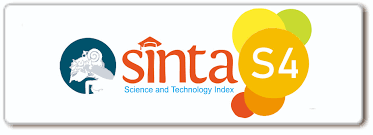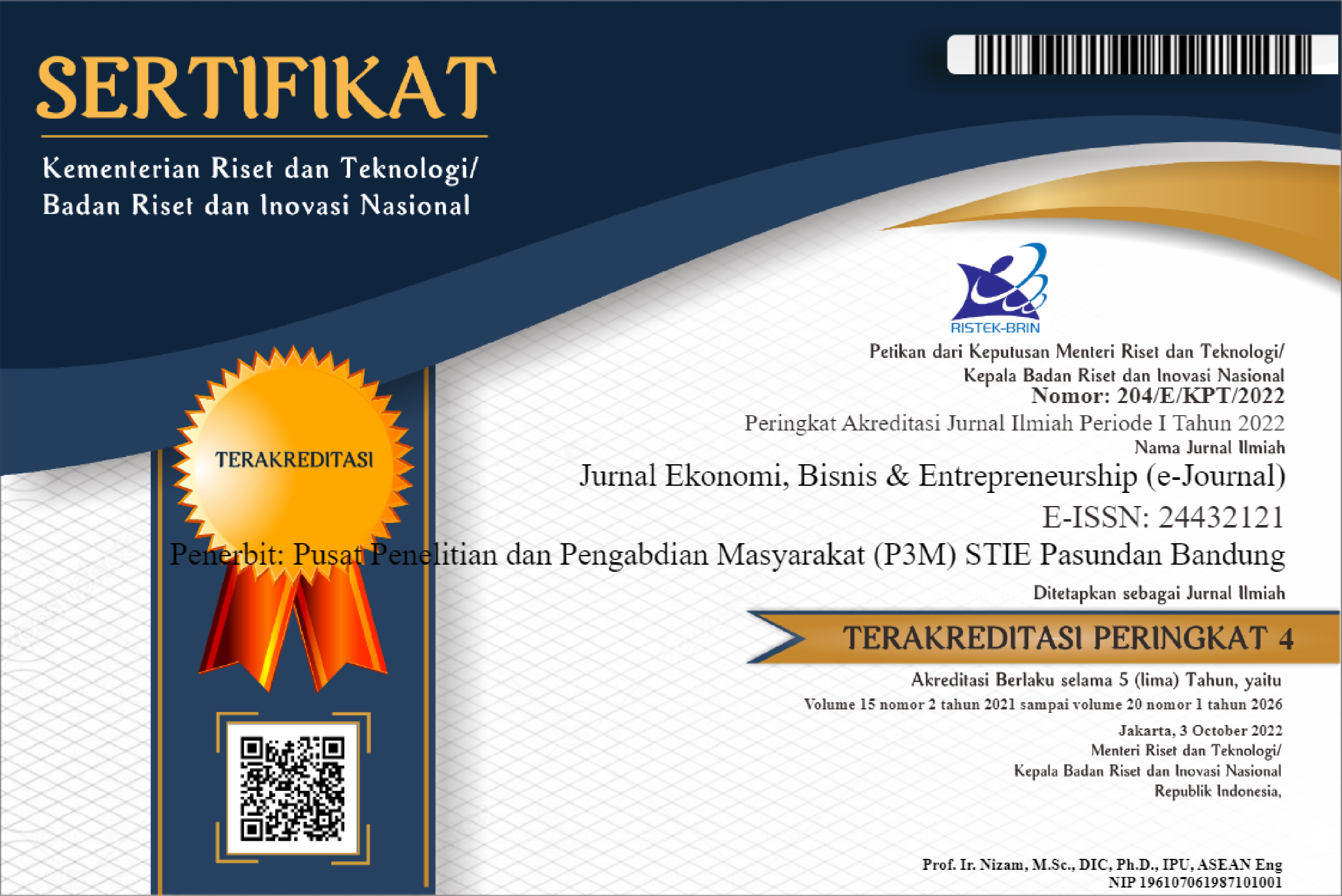Learning Attitude: Student Perception on Pandemic Covid-19 in Bandung, Indonesia
DOI:
https://doi.org/10.55208/jebe.v14i2.207Keywords:
knowledge, attitudes, learning behavior, students, covid 19Abstract
At the time of the COVID-19 pandemic in Indonesia, several learning changes occur in higher education, such as the implementation of online learning. This change is a concrete step for the government to overcome the spread of the COVID-19 virus in Indonesia. However, the change of learning to online has several obstacles in its implementation where both students and teachers are still not used to online learning. This study investigates student knowledge about covid 19 and its implications for student learning attitudes and behavior. An online survey using google forms to students of undergraduate and postgraduate programs at the School of Economics, Pasundan, Bandung, Indonesia, has as many as 247 students. The researchers used a nonparametric structural equation modeling approach to identify the effect of student knowledge about COVID-19 on attitudes and learning behavior. The study results identified that student knowledge had a positive influence on student attitudes and negatively affected learning behavior. This condition indicates that the increasing threat of covid 19, which students know, will be more positive in their actions; however, their learning behavior will decrease. For this reason, it is necessary to take comprehensive steps by the parties concerned to implement effective policies in reducing the impact of covid 19 to improve student learning behavior. The novelty of this research is that no research identifies a model of the influence of knowledge regarding the impact of covid 19 on student behavior and learning behavior in Indonesia.
Published
How to Cite
Issue
Section
License
Copyright (c) 2020 Iwan Sidharta

This work is licensed under a Creative Commons Attribution-NonCommercial-ShareAlike 4.0 International License.








